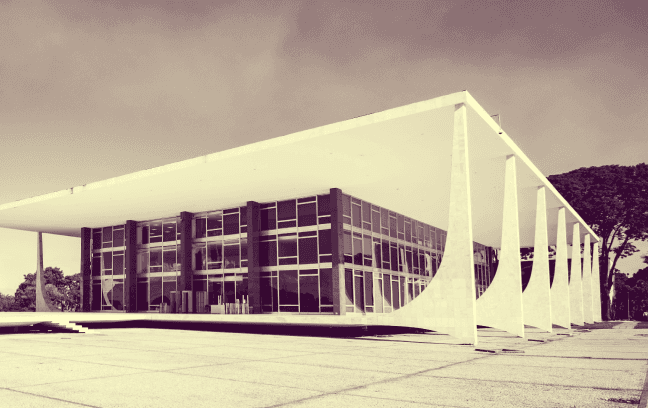Online Gambling Legislation in Brazil

At Oddsgate, we view the Ministry of Finance’s new ordinance (SPA-MF Ordinance No. 1,475/2024), published this Tuesday (17) in the Official Gazette, as a positive development. This ordinance establishes new guidelines for regulated betting operations in Brazil, bringing essential changes that will significantly impact the country’s online betting market.
As of October 1, 2024, companies in this sector that have not requested authorization to operate in Brazil will face suspension. This decision marks a crucial step in the effort to regularize and control Brazil’s online betting market, aiming to create a safer environment for bettors and increase federal revenue.
Our Chief Legal Officer, Óscar Madureira, regards this action by the Ministry of Finance as an essential advance for the industry, noting that these measures help combat the illicit exploitation of fixed-odds betting. He states:
“In addition to being a vital step towards ensuring that the Brazilian market is operated only by licensed entities, these actions convey the state’s clear position against illicit operations. For Oddsgate, this is another positive indication from the Brazilian regulator.”
Key Points of the Updated Online Gambling Legislation in Brazil:
Suspension of Operations: Companies that didn’t apply for authorization by September 16, 2024, will be classified as illegal and suspended from October 1. This measure reinforces the government’s stance that only regulated companies can operate in the country.
Deadline for Regularization: These companies can only resume operations after submitting an authorization request to the Ministry of Finance’s Prize and Betting Secretariat and receiving approval.
Companies in the Authorization Process: For companies that have already applied for authorization but are not yet operational, the government has set January 2025 as the earliest possible start date, provided they receive approval.
Severe Penalties: Operating without proper authorization will result in significant fines, reaching up to R$ 2 billion per violation. This demonstrates the government’s commitment to upholding compliance with the new regulations.
Review Process: So far, the Ministry of Finance has received 113 authorization requests from 108 companies interested in operating legally in Brazil starting in January 2025, reflecting the growing appeal of this market.
New Requirements for 2025: Starting next year, authorized companies must meet additional requirements, such as using a “.bet.br” domain, establishing headquarters in Brazil, and including a Brazilian partner with at least 20% ownership.
Projected Revenue: If all companies meet the requirements, the Ministry of Finance estimates that revenue could reach R$ 3.4 billion from licensing fees alone by the end of 2024. These steps signify a significant advancement towards building a structured, internationally aligned betting market in Brazil.
In light of these changes, Madureira highlights our readiness to operate within the regulated market, which is fully committed to meeting all established requirements. We support the Ministry’s efforts, adding:
“As a company preparing to operate in the regulated Brazilian market, Oddsgate welcomes this initiative by the Ministry of Finance. We believe these actions reinforce the commitment to regulation and credibility in this market, safeguarding companies that aim to operate legally and contribute to tax collection, among other benefits.”
Beyond our compliance preparation, we are committed to supporting our clients in meeting regulatory standards. As we approach our second anniversary, Oddsgate holds GLI-13, GLI-19 and GLI-33 certifications and licenses to operate in regions such as Romania, Asia and Africa, underscoring our commitment to compliance and data integrity.
Our payment methods are certified by the Ministry of Finance to ensure data protection and we strictly adhere to responsible gambling guidelines, including self-exclusion mechanisms.
While Brazil sends a clear message to the industry, Óscar notes that the challenge is ongoing:
“This will need to be a continuous effort, as there will always be those who attempt to operate illegitimately.”
He concludes optimally, “For now, this is undoubtedly a strong signal that Brazil is sending to the industry.”




